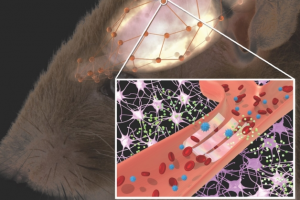Head injuries may lead to early Alzheimer's
Contact sports that can result in concussions, such as football, have given rise to worries that these head injuries may harm brain health later in life.
Contact sports that can result in concussions, such as football, have given rise to worries that these head injuries may harm brain health later in life. A new study now investigates these claims in relation to the development of Alzheimer's disease.
According to a National Health Statistics Report from 2016, "From 2011 through 2014, Americans aged 5 years and over sustained an average [of] 8.6 million sports-and recreation-related injury episodes per year".
Now, a new study from the University of Texas Southwestern in Dallas seems to confirm some of these fears, as it links traumatic brain injury (TBI) with the onset of Alzheimer's disease.
Dr. Munro Cullum — the neuropsychologist in charge of the research — and his colleagues drew their conclusions by looking at cases of Alzheimer's that had been confirmed postmortem.
This is the first time that this method was used in a study mapping the possible links between brain injury and neurodegenerative diseases.
Despite the association found between TBI and Alzheimer's, the researchers still would not go as far as advising parents to keep their children away from contact sports. That, the authors add, is because we still don't know exactly how, and in which cases, head injuries increase the risk of neurodegenerative problems later in life.
"We need to be aware that brain injury is a risk factor, but parents shouldn't keep their kids out of sports because they fear a concussion will lead to dementia. This is a piece to the puzzle, a step in the direction of understanding how the two are linked."
Dr. Munro Cullum
Findings spur further questions
Dr. Cullum and team analyzed data sourced from 2,133 subjects whose diagnoses of Alzheimer's disease were confirmed postmortem.
They found that individuals who experienced a TBI accompanied by loss of consciousness for more than 5 minutes were, on the whole, diagnosed with Alzheimer's earlier than peers who had not sustained such head injuries.
medicalnewstoday.com





Related Posts